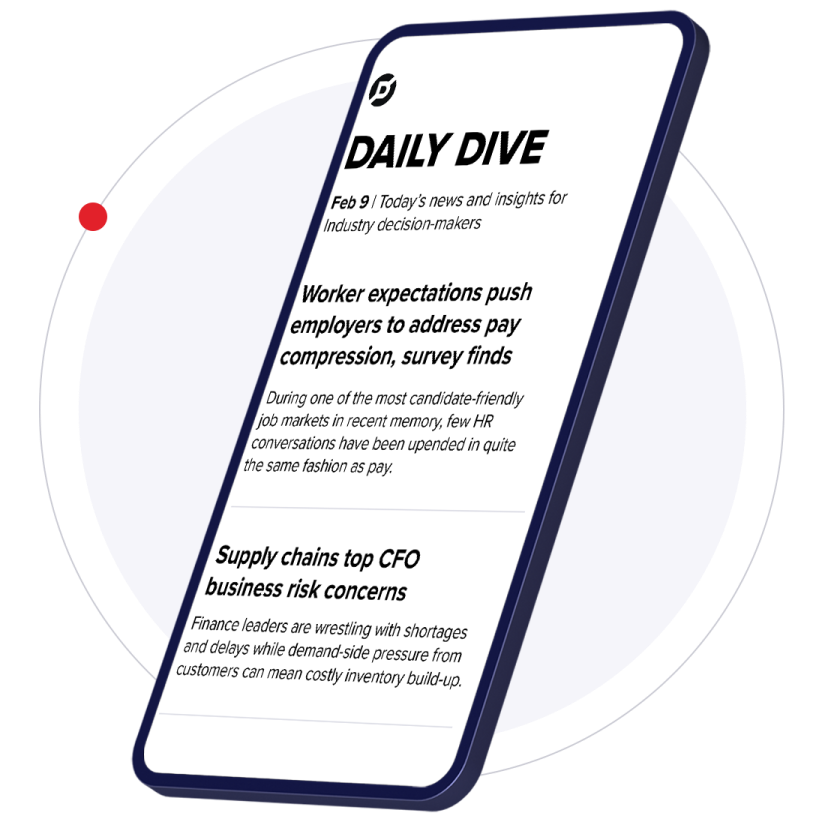Recession 'not inevitable,' Moody's says | Dump Trucks Charlotte NC



Columbus Ohio Dump Truck Company Brief:
- The U.S. economy is not headed toward recession even though the Federal Reserve, aiming to quash the highest inflation in 40 years, has raised the main interest rate at the fastest pace since the 1990s and signaled further half-percentage-point increases in July and August, according to Moody’s Analytics.
- “Recession is not inevitable today, nor is it the most likely path for the economy,” Moody’s Analytics Chief Economist Mark Zandi said, noting several bright spots including high corporate profits, strong bank balance sheets and abundant consumer savings.
- “Recession calls are sure to get louder as the Fed continues working to rein in inflation and politicians running in the midterms portray the economy’s struggles to their advantage,” Zandi wrote in a research note. “Ignoring the calls is not advisable, but given the economy’s strong fundamentals, buying into those calls is not recommended either.”
Dump Trucks Columbus OH Insight:
During the past several months construction firm leaders making decisions on such critical factors as wages, prices and capital allocation have had to weigh a broad range of risks, including rising price pressures, supply chain bottlenecks, the possible emergence of new coronavirus variants and turmoil in commodity markets from Russia’s invasion of Ukraine.
Extreme variation in forecasts for economic growth has complicated planning, with some economists and other analysts warning that a downturn is highly likely.
“When inflation has been above 4%, unemployment has been below 4%, we’ve always had a recession within the next two years,” Treasury Secretary Lawrence Summers said Tuesday. “The likelihood is that we’re not going to get through this with a soft landing.”
Top Wall Street bankers have sounded a similar alarm.
“This is among — if not the most — complex, dynamic environments I’ve ever seen in my career,” Goldman Sachs President John Waldron said Thursday, according to Bloomberg. “The confluence of the number of shocks to the system to me is unprecedented.”
“We expect there’s going to be tougher economic times ahead,” Waldron said at an investor conference, citing inflation, reduction in monetary stimulus and Russia’s invasion of Ukraine. “No question we are seeing a tougher capital-markets environment.”
JPMorgan Chase CEO Jamie Dimon said Tuesday investors should prepare for a “hurricane” whipped up by an unprecedented mix of challenges, including the Fed’s plan to reduce inflation from its current 8.3% level.
Tight labor markets and several other forces may spur inflation despite the Fed’s efforts, clouding the outlook for the economy, according to Marc Goldwein, senior policy director at the Committee for a Responsible Federal Budget.
Any future increase in inflation expectations, $2.3 trillion in excess savings and new shocks to the supply of commodities such as oil and grain may also sustain price pressures, Goldwein told the National Economists Club on May 26.
At the same time, firms have heard a more optimistic view of the economic outlook. Several factors such as declining equity prices, an increase in the supply of labor and an untangling of supply chains may help slow inflation in coming months, Goldwein said.
Also, the Fed’s aggressive tightening has worked, bringing down inflation expectations in recent weeks, Zandi said. “With inflation expectations contained, inflation will recede,” he predicted, adding that the pandemic will continue to fade “and the worst of the economic fallout from the Russian aggression is behind us.”
Comparison with past instability in the U.S. economy should also spark optimism, Zandi said. “None of the problems that typically plague the economy and cause or contribute to a downturn are evident today.”
First, U.S. households devote the smallest share of their income to interest and principal payments on debt than at any time in four decades, he said. “They also did a yeoman’s job locking in record-low interest rates” during the past several years and saved much more during the pandemic than during typical periods.
“There is plenty of extra cash to help consumers remain stalwart spenders through economic thick and thin,” according to Zandi.
Pent-up demand for vehicles and housing will probably buoy economic growth, and “businesses are also in great financial shape – they have never been so profitable,” he said, adding “corporate debt burdens are also as light as they’ve been in a half century.”
“Perhaps most encouraging, the nation’s financial system has arguably never been stronger,” Zandi said, noting that “banks are highly profitable and awash in capital.”
“It is difficult to conjure up scenarios in which financial institutions would suffer to the point that they curtail providing credit, and as long as credit continues to flow, recession is less likely,” Zandi said.
Construction Dive news delivered to your inbox
Get the free daily newsletter read by industry experts

Editors' picks
-
 Explore the Trendline➔
Explore the Trendline➔ Patrick Lux via Getty Images
Patrick Lux via Getty Images Trendline
TrendlineConstruction Technology
The construction industry is relying on tech solutions now more than ever, as it faces a skilled labor crisis and global pandemic.
By Construction Dive staff -
Public firms maintain outlook amid geopolitical headwinds
Many of the major columbus oh dump truck company columbus oh dump truck company on large civil projects and are awaiting IIJA funding.
By Construction Dive Staff • May 16, 2022


